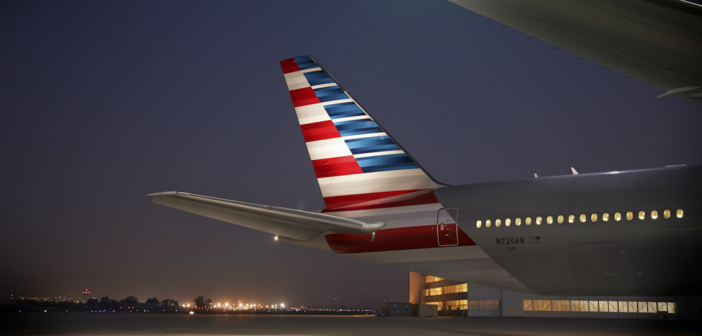The North American aviation market is recovering strongly

The North American aviation market is recovering strongly following the Covid-19 pandemic, according to a panel of IBA experts discussing ‘What does the future hold for aviation in the Americas?’ The panel detailed a range of key metrics that demonstrate the improving health of the North American aviation market. These include returning airline profitability, lower levels of aircraft storage, increasing utilisation, strong aircraft orders, and growing values.
They also cautioned about a number of economic headwinds, including increases in labour costs and fuel prices, and labour shortages, coupled with higher levels of debt, which grew during the pandemic.
Looking first at fares and yields being achieved by North American carriers, data presented from IBA Insight, the intelligence platform, showed a strong rebound, especially in the ultra-low-cost carrier segment, with a revenue positive trend across the North American airline sector as a whole. However, fuel costs are starting to impact airline bottom lines and, as consumer spending comes under pressure from economic headwinds, IBA forecasts an increasing level of fare discounting by airlines, triggering the post-pandemic return of a more traditional market cycle.
North America is leading the globe in airline profitability and is the only region expected to return to profitability in 2022, with a predicated average net profit margin of 3%. Government support and the elasticity of the North American airline sector – which enabled it to dial-up domestic capacity when international travel restrictions were in place – played a crucial role in restoring the North American market back to profitability despite increasing costs.
Fleet storage levels for North American carriers have fallen back to levels rapidly approaching those prior to the pandemic. From a level of 16% prior to Covid-19, aircraft storage rocketed to over 60% during the pandemic, but is now down to 22% – representing around 3,000 aircraft.
The number of flights operated by North American carriers has rebounded strongly, with the buoyant US domestic market aiding the airline sector’s strong recovery. Domestic flight traffic was back at around 90% of pre-pandemic levels by the start of 2022, but the lagging international market has been catching up as restrictions have been lifted, and now represents almost 15% of all North American flights – up from less than 10% a year ago.
In parallel, North American airline capacity has recovered strongly, with the ultra-low-cost carrier segment ahead of others and now at 113% of pre-pandemic levels. The network and value carrier segments are currently at 94%.
At over 10,000 aircraft, the North American fleet is the largest in the world, but has one of the highest average aircraft ages at around 16 years – driven by the large number of mid-life narrowbodies in service, with the Boeing 737-800 and A320ceo alone accounting for around 15% of the fleet.
North American carriers are leading the way globally in re-fleeting post pandemic, with over 1,100 aircraft orders in 2021 and thus far in 2022. North America now has the second-highest share of order book in the globe, accounting for 25% of all commitments, behind only Asia Pacific at 35%. The North American airline sector’s total backlog of around 2,600 aircraft is dominated by the A320 neo and Boeing 737 MAX families, which collectively account for approximately 1,900 aircraft.
From an emissions perspective, North America remains the world’s most carbon-intensive region, but the average CO2 emissions per-seat per-mile of the region’s carriers have fallen 5% since 2018 as they have stored and retired older, less efficient aircraft. IBA forecasts that rising fuel costs and the journey towards net zero will continue to accelerate the current fleet renewal being undertaken by North American airlines.
While aircraft leasing is less prominent in North America, investor demand for aircraft based in the region is stronger than prior to Covid-19. Around 35% of the North American fleet is leased, compared to 56% in Europe and 69% in Latin America. However, North America-based aircraft accounted for 27% of all leasing transactions in the 2022 year to date, compared to under 18% in 2017.
